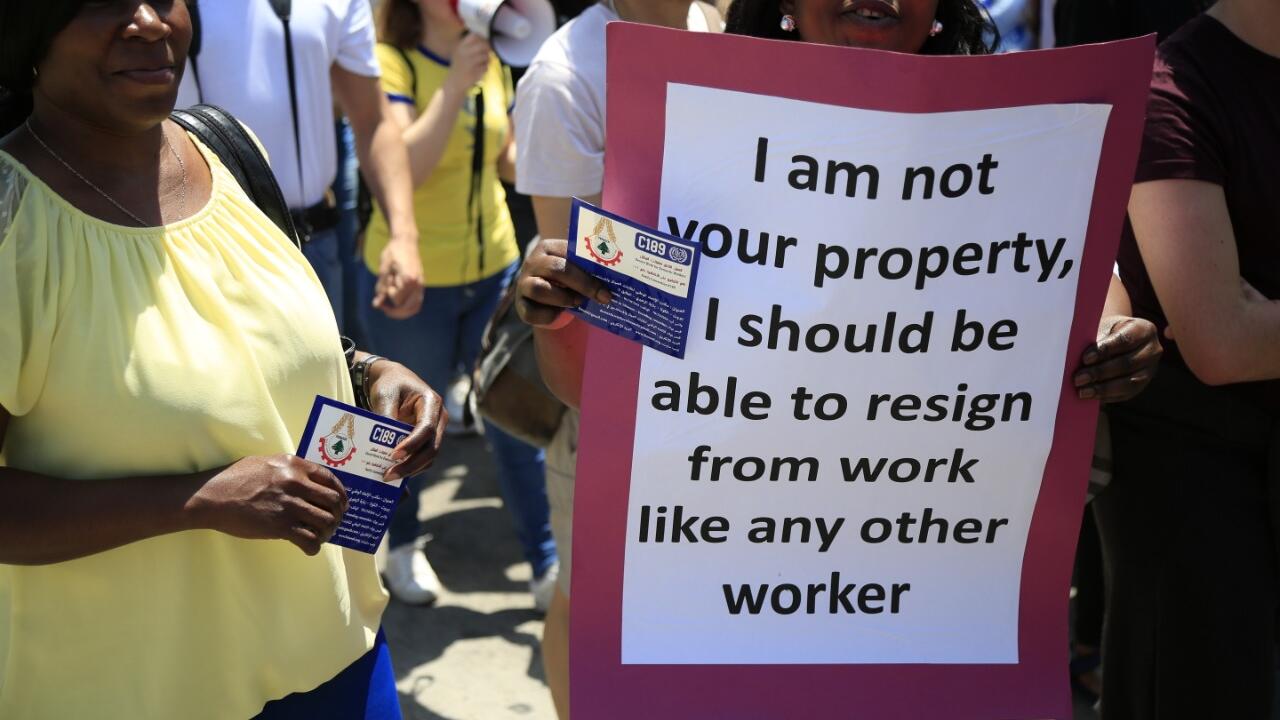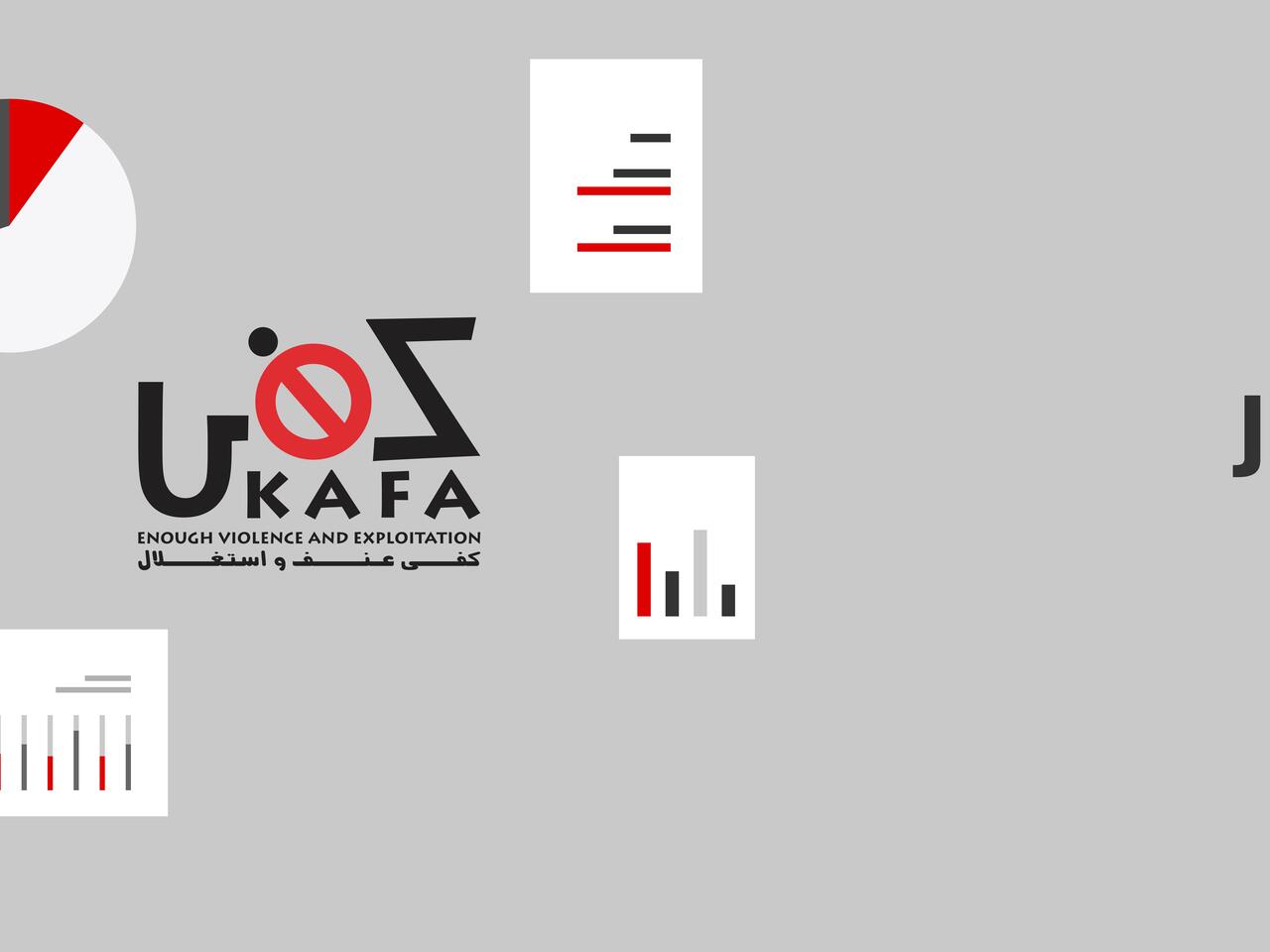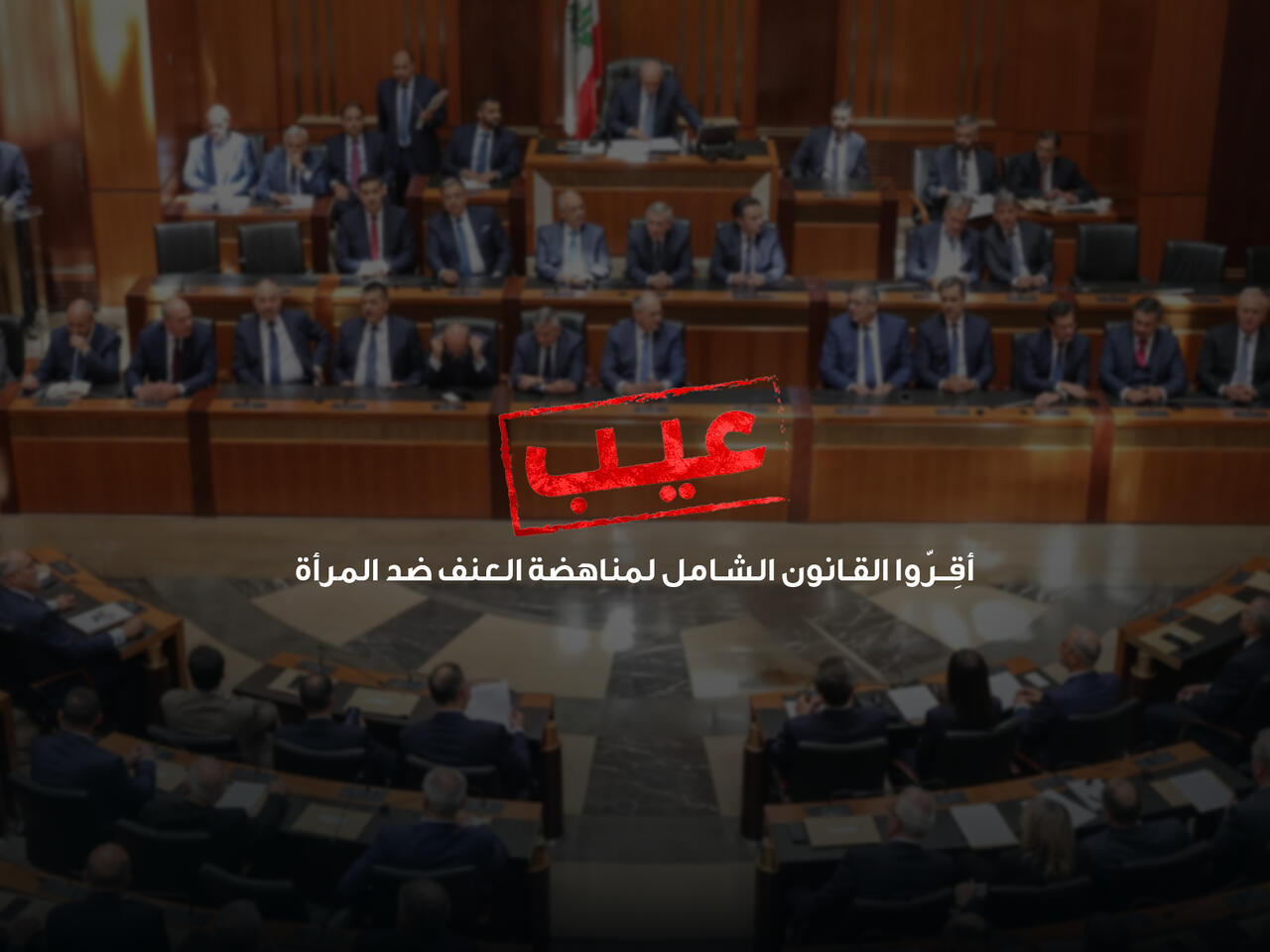
The new standard unified labor contract: a first step in abolishing the Kafala system?
The standard unified labor contract issued by the Lebanese Ministry of Labor on September 8, 2020, is the first step in a series of measures needed to abolish the Kafala / sponsorship system to which foreign domestic workers are subjected. This contract is the fruit of a series consultations and discussions conducted between a committee – consisting of Kafa, the International Labor Organization, Amnesty International, Human Rights Watch, Caritas, the Legal Agenda and a representative of the L'Orient-Le Jour newspaper – and the Ministry of Labor for over a year. However, Kafa has reservations about the final contract as it was drafted and issued by the Ministry of Labor since it does not take into consideration the mechanisms needed to implement its provisions.
The issued contract includes new provisions that will facilitate the organization of rapports between employers and domestic workers and will guarantee the latter a number of labor and human rights. However it contains some gaps that will be highlighted below. It is important to note that the contract does not have any actual value if it is not accompanied by the creation and implementation of ethical recruitment processes, clear and binding termination mechanisms, and procedures aiming to monitor the implementation of the contract’s provisions. For all of these reasons and more, Kafa believes that the contract adoption must be conditional on implementable termination mechanisms and thorough monitoring carried out by the concerned parties.
After reviewing the issued standard unified labor contract, Kafa lists below its major positive clauses, its setbacks, and shares its observations with regards to its form, wording and content:
The contract’s key positive points:
- The type and scope of domestic workers’ duties are specified in the first article entitled "Scope of the Contract" , and employers and employees need to select one or two basic jobs only.
- The official minimum wage is established for domestic workers, which constitute a step forward towards equality between all workers in Lebanon. The Ministry of Labor should however, take into consideration the current economic crisis and its repercussions on wage calculations.
- Domestic workers’ privacy and basic rights are emphasized (mobility, owning a mobile phone, personal freedoms, etc.).
- Domestic workers’ right to keep their official papers is emphasized.
- Domestic workers’ right to benefit from vacations (24 hours per week and 15 days per year after completing their first year of work, in addition to sick leaves that can be taken in case of the death of a relative, etc.) and the freedom to leave the house during their days off, are guaranteed.
- The number of working hours are limited to 48 hours per week.
Perhaps the most important point, which can be considered as a cornerstone in the journey to abolish the Kafala system, is the clause that allows unilateral termination of the contract (Article 13) in addition to other provisions that free the workers from the rapport of ownership they suffer from, most notably:
- The workers’ right to terminate their work contract in the event of the employer's death or serious illness.
- The workers’ right to designate a party (person or institution) in Lebanon to be contacted in case of an emergency.
- The workers’ right to own a copy of the contract written in a language they understand.
The contract’s key loopholes:
Some provisions in the issued contract suffers gaps caused by weak content or unclear wording that may lead to problems when implementing its provisions, most importantly:
- In Article 1: The scope of the contract
One of the clauses states verbatim: "The first party shall not use the second party’s services in any work or place other than the primary or seasonal workplace of the first party.” The article uses the term "workplace of the first party" instead of "place of residence of the first party", which is where the domestic worker actually works. It may thus be interpreted as if the workplace of the first party is also that of the worker, while the more accurate term would be “place of residence”.
- In Article 5: Housing and related needs
One of the clauses states verbatim: “The first party shall not force the second party to perform any task that may endanger their health or safety and the second party has the right to move away until the defect is corrected and they are no longer at risk.” It would have been preferable for the clause to also grant the worker the right to refrain from performing any dangerous task without this being considered as a breach of professional duties or contract obligations.
- In Article 8: Work permit and residence permit
One of the clauses states verbatim: “The second party shall keep their official documents, including their passport, identity or work permit, residence permit and insurance card provided they bear responsibility in the event that these documents are lost or damaged.” It would have been better to remove this sentence as it is unnecessary and since the aforementioned documents are the second party’s property. Therefore, it is natural for them to bear their responsibility just like any other person or worker. No discrimination is thus permissible.
Implementing set mechanisms:
The standard unified labor contract, with all its advantages and regulatory clauses, can remain mere ink on paper if it is not accompanied by precise executive and monitoring mechanisms set and implemented by the Ministry. Among the most important points that must be taken into account to ensure the proper implementation of the contract:
- Translating the contract into languages workers can understand.
- Ensuring workers receive the work contract before their arrival to Lebanon.
- Enforcing the monitoring of payment mechanisms.
- Ensuring workers enjoy their free will to benefit from the clauses that require "the consent of both parties”.
- Monitoring working conditions (such as adherence to specific working hours, holidays, and workplace).
- Issuing circulars by the Ministry aiming to specify the percentage of in-kind benefits to be deducted from workers’ wages.
- Naming a supervisory reference by the Ministry of Labor that workers could resort to if any of the contract terms are violated.
Regarding contract termination:
- Establishing a clear notification mechanism for the contract termination on the basis of which the notice period should be determined.
- Establishing a supervisory authority by the ministry (such as a specialized committee or an official body) to decide on the contract termination, set practical frameworks for the post-termination phase and keep pace with its consequences on the worker’s situation (conditions of legal residence, shelter, time limit for finding a new employer, etc.).
Conclusion
In addition to implementation procedures and monitoring mechanisms, the key requirement for the success of this issued contract remains the inclusion of domestic workers in the Lebanese Labor Law. This needed step will guarantee the domestic workers’ rights and duties, will recognize domestic work as a profession, and will penalize practices of modern slavery. The Ministry of Labor needs to clarify how hundreds of thousands of domestic workers who already reside in Lebanon, will be able to benefit from the issued contract and how they will make the transition from their current contract. It is also important that concerned Lebanese authorities refrain from recruiting new foreign workers before the Kafala system is abolished and the above issued contract and mechanisms/procedures are fully implemented. This is especially crucial given the current economic crisis that has heavily impacted domestic workers.
Translated from Arabic by Work With Words and KAFA






